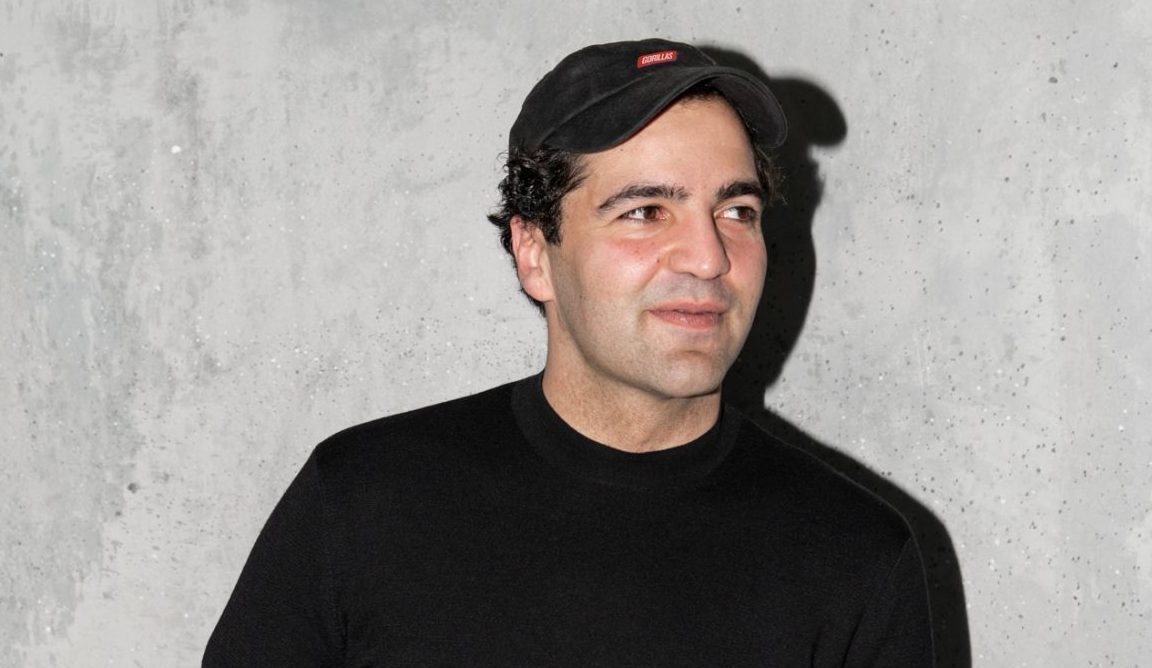In late March, Klara cofounders Simon Bolz and Simon Lorenz had a make-or-break talk with their engineering team.
The healthcare communication platform had just received dozens of calls from healthcare facilities urgently asking for ways to treat patients remotely via videolink.
The German company, which now operates in the US, had spent six and a half years building a communication workflow management tool for healthcare professionals but wasn’t focused on video.
So the question was: should it accept the new video challenge? And could it quickly deliver?
“We had to make a decision: either we try to paddle and go with that wave, or not. And I think everybody understood that this is the time to step up,” Bolz tells Sifted.
The Klara engineering team said they were confident about doing it, and indeed the company ended up being able to provide the service in less than a week. Now, three weeks after launch, the video service is approaching 10,000 video visits per day, with some customers having upwards of 100 visits per day, says the company.
But it was a risk. With Covid-19 sweeping the globe and government lockdowns in full swing, healthtech companies worldwide have experienced a similar moment: the stark realisation that their team can make a huge and immediate impact, with potentially lasting results for company growth and long-term transformation of the industry as a whole. That is, if they seize the opportunity.
Like Klara, the UK’s accuRx had a similar push that resulted in the team building a video platform over a weekend. Germany’s telemedicine pioneers TeleClinic — which was directly responsible for helping diagnose some of the first reported instances of Covid-19 in Germany — met its 60% week-over-week growth head-on by rolling out at-home testing kits.
French startup Doctolib — which started as a way to help doctors manage appointments and accept online appointments, but has since moved to video consultations — has seen a huge surge in demand for video. It has waived subscriptions for its video service during the pandemic, further turbocharging usage.
From urgency to longevity
The big question for so many sectors is what will happen when the coronavirus pandemic crisis is over.
Will doctors simply drop the added tele-benefits they’ve been receiving and return to pre-Covid scheduling?
According to Klara, this ‘adoption out of necessity’ period is convincing sceptical doctors and medical practices about telemedicine, which should lead to long-term changes.
“I just had a call with a primary care doc and he said: ‘I'm completely surprised and overwhelmed by how few things I cannot do through telemedicine," says Bolz.
Despite the horror of the global situation, Bolz says that he is thinking long term about what this means for telemedicine solutions.
“It's really a catalyst for technologies like ours. But the really cool thing is retention. It actually already started in the beginning of the year, but now it is overwhelming.”
Some investors agree there will be lasting change.
UK-based venture capitalist Will Gibbs of Octopus Ventures says that telehealth startups, more than other healthcare startups focused on areas such as Covid testing or PPE, may continue to see a significant uptick in adoption rates after Covid-19.
“The fundamentals that underpin [telehealth] becoming a core pillar of how health is delivered in the long term are sound (customer experience, efficiency, cost, making specialists more scalable),” Gibbs says. “This window of opportunity could shave off months or years from general adoption.”
Julia Hawkins, partner at LocalGlobe, says that the industry has long been talking about better digital delivery of care and tools to support front-line clinicians.
“Now we are getting the chance to use these for real on a mass scale. The crisis is giving healthtech companies the chance to show what they can do,” Hawkins says.
How to pivot fast
But there is also a more immediate question for those startups, like Klara, who have had to whiplash into a new type of business amid the coronavirus pandemic. Can they get it right?
In edtech, video-conferencing, media and other sectors, founders are grappling with how to deal with the upsurge of usage and the move to new businesses — some of which they are only slightly familiar with.
Gibbs at Octopus Ventures points to the specific challenge of doing anything fast in healthcare, which is that it is easy to fall foul of the regulatory constraints. He points to the big risks involved with patient data, privacy, tax and care quality.
“Companies that don’t take this data, privacy and efficacy seriously will be severely impacted. There is also a high risk that any flexibility in regulation may be reversed after this, so it is imperative for companies capitalising on this window to make sure the ROI they can offer is in the long term,” he says.
But what can startups do to ensure they move quickly while also meeting necessary requirements for the long term?
According to healthtech venture capitalist Vishal Gulati, the “unprecedented levels of collaboration between existing and new parties” is helping to provide a cushion. He has seen it clearly from his portfolio companies, including UK digital doctor service Push Doctor, which has jumped into the fray.
“From what I have seen, it is hard to work at this pace to produce quality products, but with strong partnerships and dedication, it is possible.”


